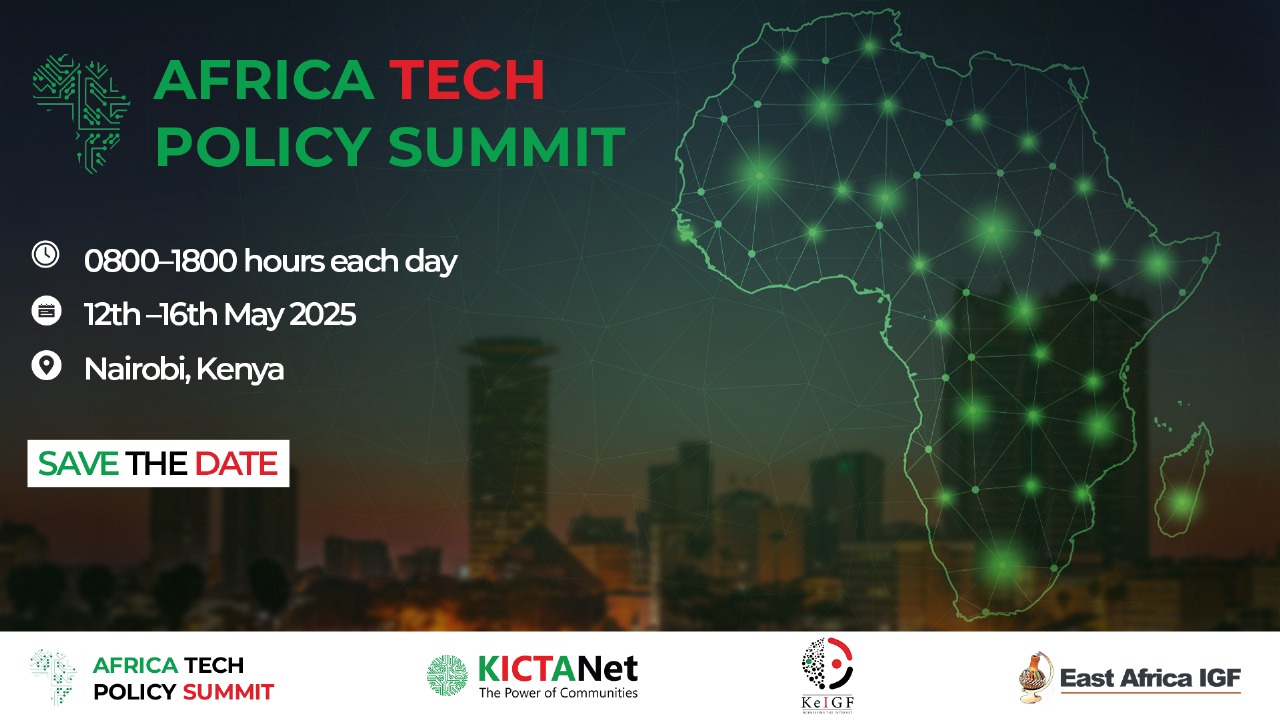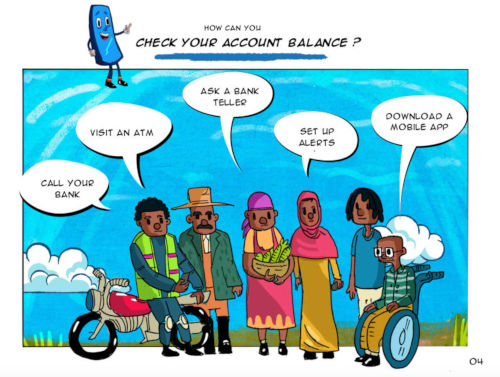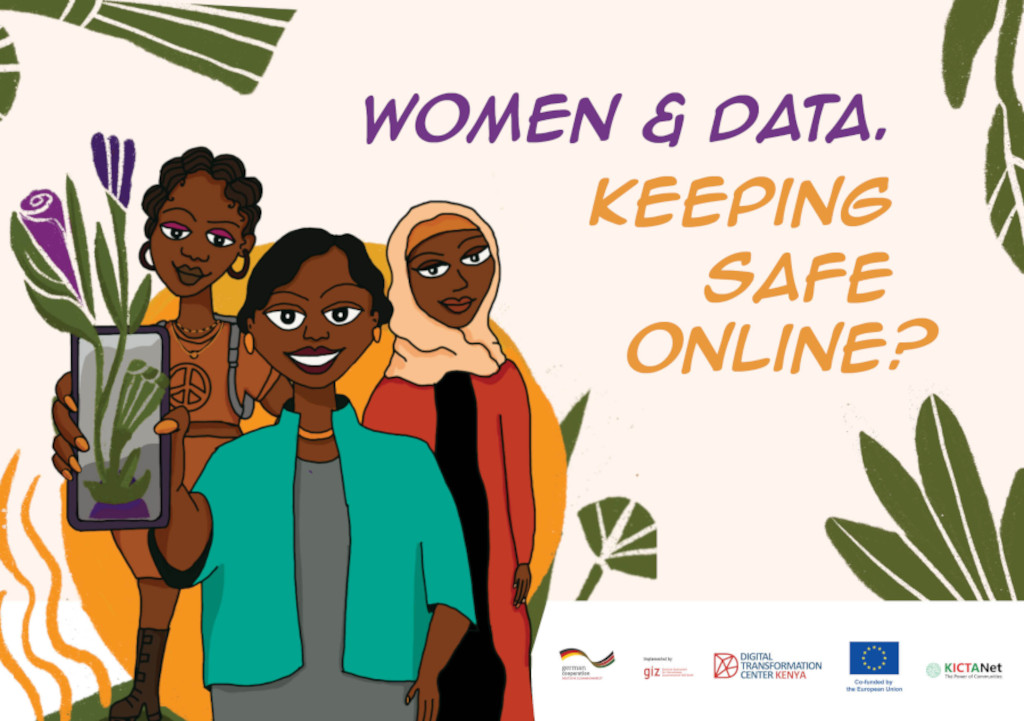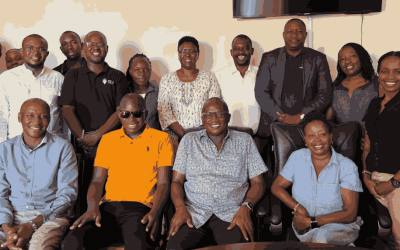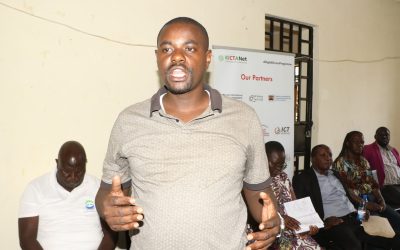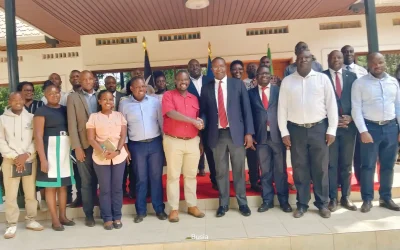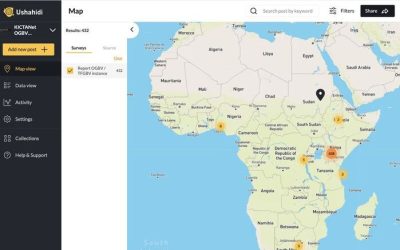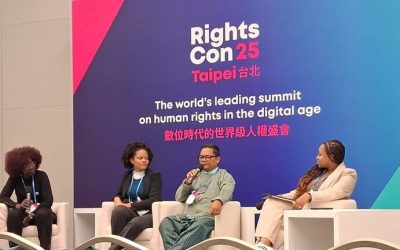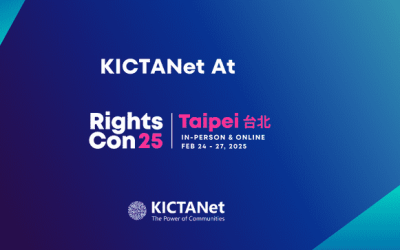KICTANET POST : Latest news, events & opportunities
BHC & KICTANet Brief Busia Deputy Governor on Strengthening Digital Communities Program Progress
Digital EconomyHighlightskictanet post 7 Mar
5 Mar
From Farm to Market: How Technology is Improving Livelihoods in Busia
Digital EconomyHighlightskictanet post 4 Mar
3 Mar
Harmonizing Data Governance in Africa: Key to Regional Integration
Digital EconomyHighlightskictanet postPrivacy 27 Feb
Critical Infrastructure Under Siege – Nairobi’s Governance Failure
AccessibilityDigital EconomyHighlightskictanet post 26 Feb
26 Feb
Digital Identity: The Human Rights Stakes of Digital Megaprojects.
AccessAccess to informationDigital ResilienceFreedom of ExpressionHighlightskictanetkictanet post 25 Feb
Resilience and Action: Shaping the Future of Digital Rights at RightsCon 2025
AccessAccess to informationHighlightsHuman Rightskictanetkictanet post 24 Feb
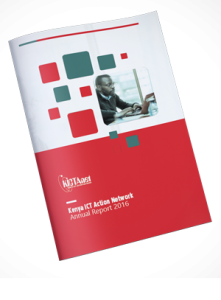
The report outlines the work undertaken in between 2007 and 2016 which is underpinned by crowd sourcing and community engagement
Click here to download the report
FACTS AND FIGURES
Achievement of the Network over the Years
Publications
Thought Leadership Forums
Persons trained
Policy Interventions
Conversations in KICTANET listserv
Active listers contributing often
Different conversation threads
Impressions on ICT policy discussions
Our Pillars
KICTANet’s organisational strategy:
Policy Advocacy
We bring stakeholders together to discuss on the best policy alternatives and also monitor the progress of policy development processes.
Capacity building
To ensure continuity and diversity in the policy development, we bring in new voices in the different stakeholder backgrounds through training and events.
Research
Our policy advocacy and capacity building are supported by evidence based research through an established working group on both current and emerging issues.
Stakeholder engagement
We facilitate stakeholder engagement through collaborative initiatives in face-to-face Town Hall meetings, and in the KICTANet?s interactive mailing list where multiple stakeholders engage regularly on ICT policy issues.
Featured publications
Reports, Manuals etc
Featured publications
Reports, Manuals etc

